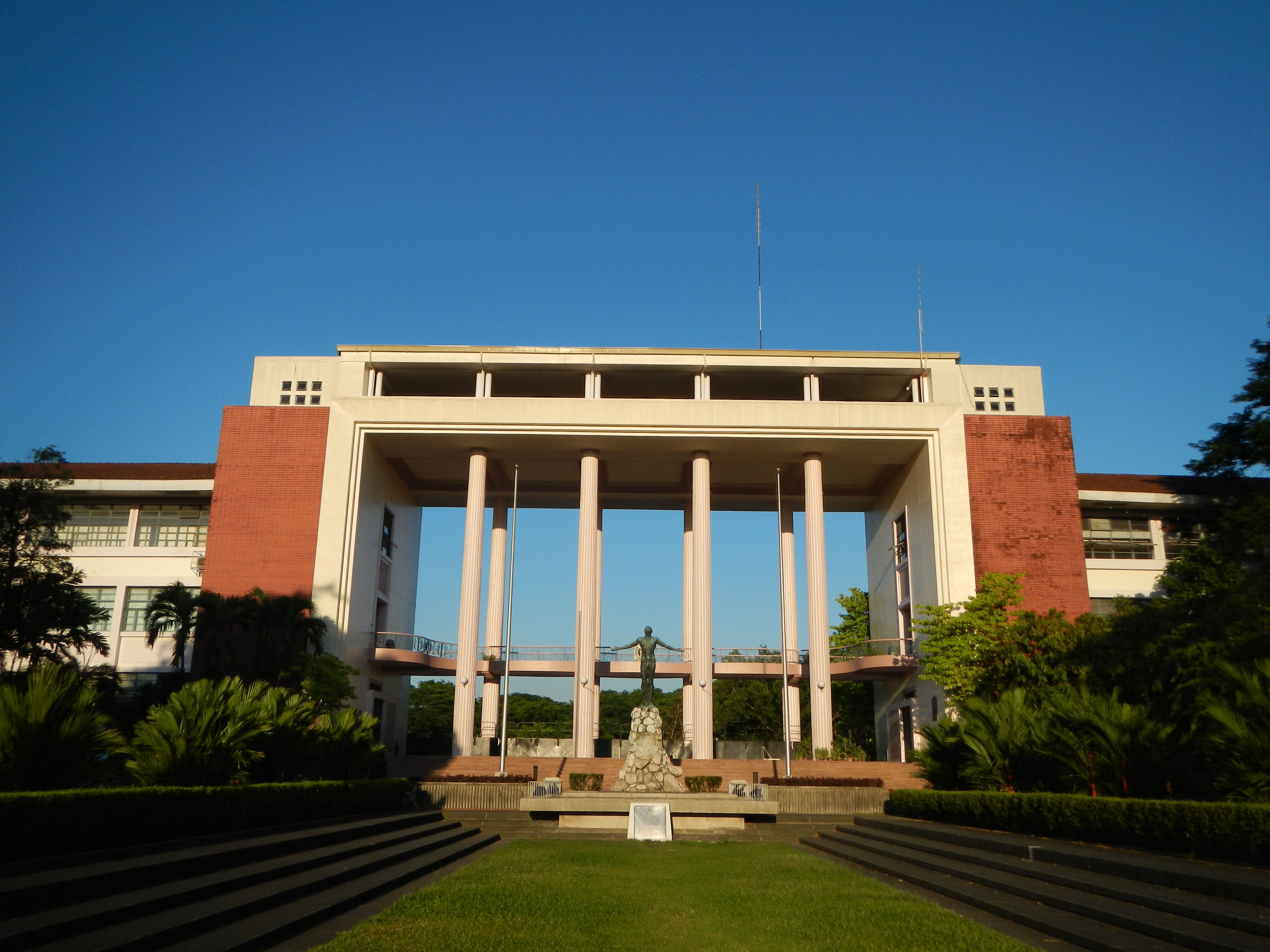The University of the Philippines unveiled Tuesday, June 18, during its 116th founding anniversary its 10 flagship projects (for 2023 to 2029) that would transform it to a national and international academic learning university geared towards service to the country and to far-flung communities.
The University of the Philippines unveiled Tuesday, June 18, during its 116th founding anniversary its 10 flagship projects (for 2023 to 2029) that would transform it to a national and international academic learning university geared towards service to the country and to far-flung communities.
At a well-attended launch hosted by the College of Law, UP president, Atty. Angelo Jimenez (UP’s 22nd president) said the projects aim to strengthen UP’s contributions to the formation of a “just, equitable and sustainable society,” by raising higher education standards throughout the country– amid a dismal performance of learners in global tests– and instill a public service orientation on students, faculty and the staff.
The motto of his administration for UP: “Honor and excellence in the service to the people” underscored his commitment to delivering public service alongside traditional UP values of honor and excellence.
These projects include: a) faculty and curriculum development; b) more inclusive admissions; c) active collaborations and partnerships with several sectors, especially SUCs and LGUs; d) enhancement of distance learning platforms; e) expansion of public service offices and integration of public service into the various functions of the academe; f) enriching the study, creation and preservation of local arts and culture; g) development of research and innovation hubs in each campus; h) university-wide digital transformation; i) establishment of the UP Archipelagic and Ocean Virtual University; and j) quality management systems and quality assurance.
Jimenez highlighted the contribution of the UP medicine and technology centers during the pandemic, particularly for the development of vaccines and safety systems and protocols for the Philippine General Hospital to contain the spread of Covid-19.
‘Equity factor’
To enhance inclusivity in admissions, he said, UP will continue implementing an equity factor in assessing applicants from geographically isolated and disadvantaged (underrepresented) areas (GIDAs).
For those that can’t pass the UP College Admission Tests (UPCAT) – coming from remote and disadvantaged areas of the country – young Filipinos are being encouraged to consider alternative, non-UPCAT routes to admission like an associate degree and online education programs, as he also encouraged highly-talented applicants in the arts and athletics.
If after two years of associate degrees, they obtain very high marks, then they can apply for UPCAT-regular degree courses, Jimenez explained.
For those that pass the UPCAT but can’t afford a UP education, the university will provide full support coming from GIDA areas from dorming, food and schooling and allowances.
In addition, its open learning system has enrolled 200,000 worldwide– including overseas Filipinos who opt to stay in host countries and land in higher jobs through new skills they acquire from their virtual schooling.
He said he would fund the flagship programs from the current budget of P23 billion of the state university and do the same for succeeding years of implementing the FPs.
He mused that he had been inspired by the generosity and eagerness of the alumni to help in the projects (both funds and volunteer service).
In all its 116 years of operations, UP has produced: 13 of 17 presidents of the country; 16 of 29 chief justices, 14 of 26 speakers of the House of Representatives; 14 of 24 Senate presidents; 40 of 42 national scientists; 44 of 57 national artists and 8 of 9 national social scientists in addition to growing numbers of senators, congressmen, professionals, doctors, management experts, captains of industries and local government officials.
“When I posted on Facebook about transforming the university into a service-oriented learning institution, so many of the over 300,000 alumni excitedly inquired how they can help and volunteer their services. Nagviral and post ko,” he told the audience.
We have a spirit (from alumni) that we have to capture and harness for a larger goal of service to the country and our people, he concluded.
#OpinYonNews #WeTakeAStand #UPUniversity #EducationPH
